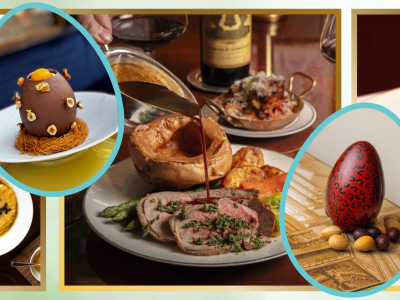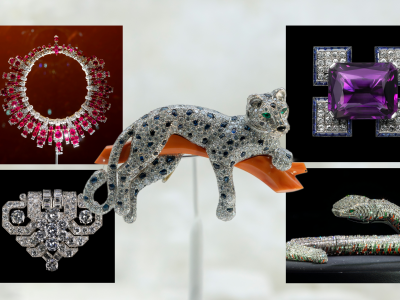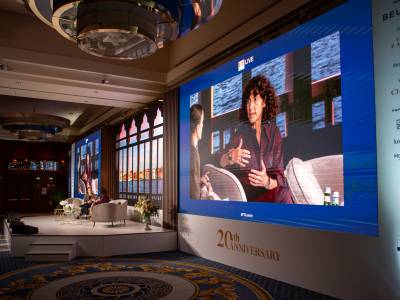Now here’s something to lift the spirits — there has never been a better time to invest in rare whisky, as global demand has soared. While the past decade has seen steady growth in the market, findings in Rare Whisky 101’s 2017 annual report show that the UK’s rare whisky auction market surpassed £25m in a single year for the first time, finishing at £25.06m in total — an astonishing sum, especially given that predictions were set to break only £20m. On top of the increased value, the volume of whiskies sold at auction has also risen by a record high of 42.47%, with an unprecedented 83,713 bottles sold under the hammer last year.
Passion collecting: Insider tips for upgrading your whisky portfolio
16th August 2018
As dwindling stocks meet a surge in demand, the market for rare whiskies is seeing an unprecedented growth — and on a global level
This surge is partly due to dwindling stocks coming up against skyrocketing demand, leading to a liquid gold rush among collectors. Unlike other high-priced collectables, many wealthy buyers drink their rare whiskies rather than storing them or reselling. While this allows them to appreciate the spirit as it’s always meant to be appreciated, the knock-on effect is that prices for remaining vintages are driven higher still. Additionally, new markets are entering the fray, with buyers from regions like Southeast Asia ramping up the pressure — and in the not-too-distant future, fast-growing economies such as India and mainland China won’t be too far behind.
“Whisky collecting is a truly international phenomenon,” says Martin Green, Bonhams whisky expert in Edinburgh. “Competition from buyers in the Far East and the US, as well as continued home and European interest, has helped to keep prices buoyant.” For those looking to start a whisky collection, Green recommends developing a niche — such as whiskies from a particular area, or distilleries that have closed down — and then buying the best spirits you can afford.
Typically, single malts from marquee brands such as Macallan, Glenfidditch and Dalmore scoop the highest prices, although rare bottlings from limited series are the most eagerly sought-after. Additionally, distilleries that no longer produce whisky from their stills — aka “ghost” distilleries — are popular, such as the iconic Brora and Port Ellen. Alongside Scotch, whisky from closed Japanese distilleries is also stirring interest in the market — look out for names like Hanyu Ichiro and Karuizawa.
“As a category, Scotch is appealing to more and more buyers, and the pinnacle product, single malt, is becoming ever-more popular with connoisseurs, collectors and investors,” says Rare Whisky 101’s co-founder David Robertson. “Older spirit is still very challenging to come by in the cask and commanding ever-higher prices. We don’t see that changing.”
Recent top auction prices have included a bottle of Dalmore, The Kildermorie 62 Year Old, which fetched £114,000 at Christie’s London in December, while in Hong Kong this spring, Bonhams scored a new world record for any whisky sold at auction with the sale of two of Macallan’s rarest vintage bottles, both bottled in 1986 and designed with limited-edition labels; first, a Macallan Peter Blake-1926-60 Year Old for £751,703, followed by a Macallan Valerio Adami-1926-60 Year Old that went under the hammer for an astounding £814,081. Only 12 of each label were ever produced and fierce active bidding came from investors all over the world.
Charles Foley, associate specialist, Christie’s wine and spirit, comments: “Auctions offer the opportunity to find rare, vintage dated
or specially released bottles — and for a collector seeking to gather particular bottles, it is worth getting to know an auction specialist who will point you towards these rarities. A few tips: 40- and 50-year-old releases are the most sought after and anything distilled before 1980 is increasingly rare. Also keep an eye on Irish whiskey — rare releases and vintage distillations have not yet gained the limelight of Scotch, despite the impressive quality on offer.”
As with any investment, it’s wise to observe the performance of your whisky portfolio — do your homework to stay ahead of the game. In addition to the knowledge of auction experts, there are a growing number of magazines and blogs dedicated to whisky collecting, which can offer sage advice. Furthermore, by studying the movement of whisky prices at auction, it’s easier to pinpoint a fortuitous time to bring your collection to market, should you ever wish to do so.







